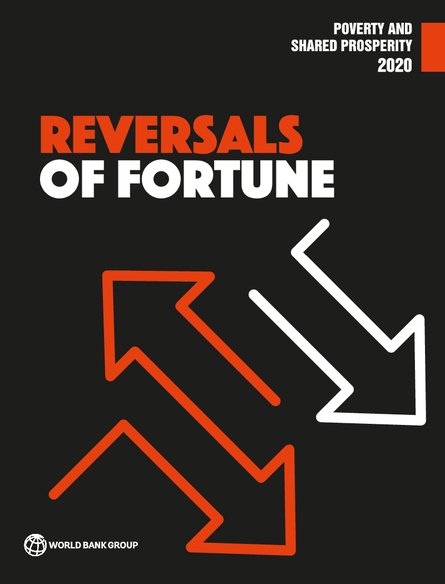
The clear message from previous Poverty and Shared Prosperity reports (in 2016 and 2018) was that, although important gains in reducing global poverty have been made steadily since 1998, the pace of this reduction had slowed considerably in recent years. It was becoming increasingly unrealistic to expect that the goal of reducing extreme poverty to less than 3 percent would be attained at the global level by 2030 unless widespread and sustained improvement in inclusive economic growth could be attained. The effects of this slowdown have been apparent for some time, and increasingly have been exacerbated by the impacts of armed conflict and climate change, but these factors have now been overwhelmed by COVID-19 (coronavirus) and its associated global economic crisis. Current projections suggest that the COVID-19 pandemic will not merely slow global poverty reduction further but will reverse the trend in much of the world: the number of people living in extreme poverty will increase this year by as much as 115 million. In the coming decade, the accumulating effects of climate change may impoverish between 68 million and 132 million people. By 2030, it is expected that most of the world’s poorest people will live in situations characterized by fragility, conflict, and violence.
This report examines how the COVID19 crisis, compounding the risks posed by armed conflict and climate change, is affecting poverty trends, inclusive growth, and the characteristics of the poor around the world. It seeks to identify ways in which the sudden shift in poverty reduction and the anticipated impact on shared prosperity might themselves be reversed.
